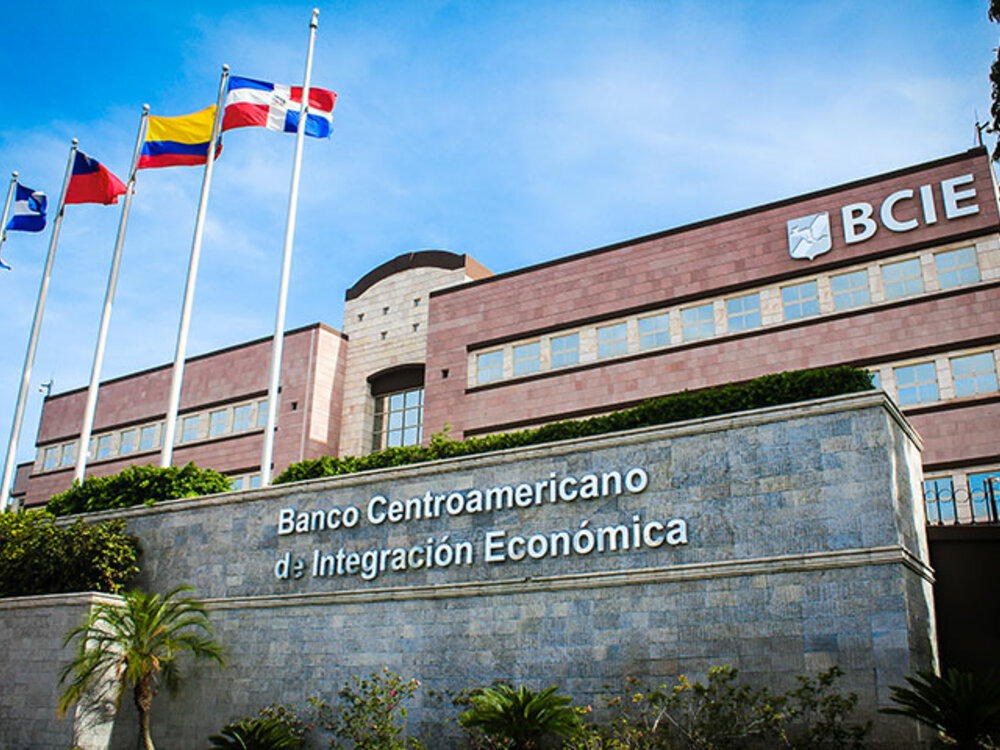Specialists analyze experiences and new progress in public debt management

CABEI supports partner countries in their efforts to further improve public debt management in the region.
Santo Domingo, August 7, 2018.- (AFP SERVICES/CABEI). International markets are increasingly volatile, and country risks are also higher. Maintaining the sustainability of the debts contracted in this context becomes a challenge for the economies, especially those of the Central American region.
To help the region's countries better manage the risks of their debt, the Central American Bank for Economic and Integration (CABEI) held the third edition of the "Regional Seminar on Risk Management for the Public Sector: Challenges and Opportunities for Debt Management in a Volatile Global Environment", which was held for the first time in the Dominican Republic.
"Our main motivation is to be able to contribute to the incorporation of the best international practices in the management of public debt in all our countries," said Alejandro Rodríguez Zamora, Executive Vice President of CABEI, at the opening of the seminar.
The seminar was attended by the Dominican Minister of Finance, Donald Guerrero Ortiz, as well as debt managers, financial and legal directors of public sector institutions, stock market and banking regulators, and national stock exchange officials.
The CABEI senior official stated that the current external context poses significant long-term challenges, capable of accentuating the region's vulnerabilities to financial shocks, and stressed that "addressing these risks through a debt sustainability approach is key to ensuring the balanced economic and social development of the Central American region, as well as the stability of the regional financial system".
Hernán Danery Alvarado, CABEI's Chief Financial Officer, mentioned among the risks faced by the countries of the region, the issue of debt sustainability; in other words, that debt could exceed the reasonable limits established by international markets, which is a maximum of 60% of GDP.
"It is up to the countries to ensure that the debt does not grow too much according to their GDP (Gross Domestic Product)," he added. Another challenge is the currency risk involved in foreign currency lending.
Risk Reduction
To mitigate these risks, experts who participated in the panels suggested that countries should develop the domestic market, try to borrow in local currency, and resort to refinancing, i.e., that debt should not be concentrated all in the short term and call for diversification, through the exploration of new markets.
The Vice President of CABEI understands that an efficient way to manage risks when issuing debt in foreign markets is through derivative instruments such as SWAPS.
"What we recommend is that in managing long-term debt they consider the reasonable and timely use of derivative financial instruments, not for speculative purposes, but for hedging purposes, and this is what CABEI has been doing very successfully."
Another suggestion is to use public-private partnership instruments to develop programs or projects that allow countries to have the infrastructure they need without borrowing in the traditional way.
CABEI stands out for its contributions to the development of the financial markets of the Central American region, with 18 issuances since 1997, for an amount of US $487 million. These bonds have been issued in 22 currencies in 23 markets.
CABEI has carried out other initiatives in this regard, such as the creation of funds with a focus on regional fixed income assets, participation in regional private equity funds, equity participation initiatives in custody entities, as well as meetings and consultancies aimed at regulators of the regional financial sector.
"In the Central American Bank for Economic Integration (CABEI) we have developed an important work as the institution and financial agent of the Central American Integration System (SICA), which has allowed us to become the main source of multilateral financing for the development of the region," said the Vice President of this multilateral financing entity. Currently, CABEI has 14 partners, with South Korea in the process of joining.




